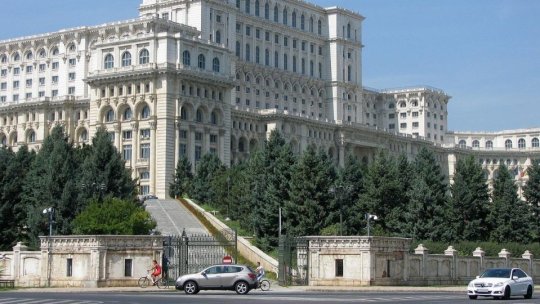European Assistance for Ireland
The EU member states and the International Monetary Fund have decided to provide assistance to Ireland, which needs foreign financial support to rescue its banking system and budget.

30 Noiembrie 2010, 16:01
The EU finance ministers approved an 85 billion Euro bailout plan for Ireland, which thus becomes the second EU member state, after Greece to ask and receive such support.
The bailout plan is made up of two parts, one on the restructuring and reorganization of the banking system, and another on fiscal policy and structural reforms.
35 billion Euros are earmarked for banks, which have been going adrift since the recent explosion of the real estate bubble, which pushed Ireland into recession. The rest of 50 billion Euros are meant to cover Dublin’s budgetary needs.
The EU finance ministers have also agreed to extend by one year, until 2015, the period during which Ireland can bring its budget deficit within the 3% of the GDP established by the EU.
The financial crisis in Ireland, a country which has earned the “Celtic tiger” moniker due to its past economic success, also impacts on the political and social life.
Contested by his ecologist allies, Prime Minister Brian Cowen has recently announced he will dissolve Parliament and call early elections, but only after the 2011 budget is adopted.
The government has worked out an austerity plan in an attempt to reduce Ireland’s huge budget deficit. The plan provides, among others, for reducing public spending and increasing taxes.
Tens of thousands of people took to the streets to protest against the measures, accusing the cabinet of granting tens of billions to the banks to overcome the deadlock.
From a European perspective, the loan granted to Ireland is meant to contain the crisis, which has severely shaken confidence in the European single currency and the viability of the Euro zone. Once Greece and Ireland become stable, the EU will be able to shift its attention towards other countries with weak budgets, like Portugal and Spain.









